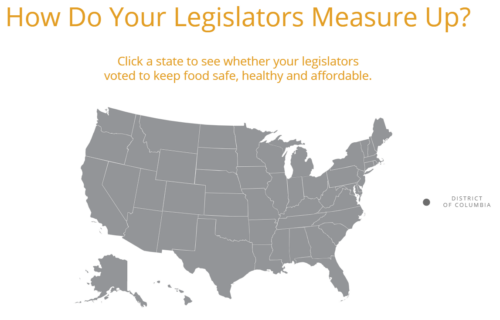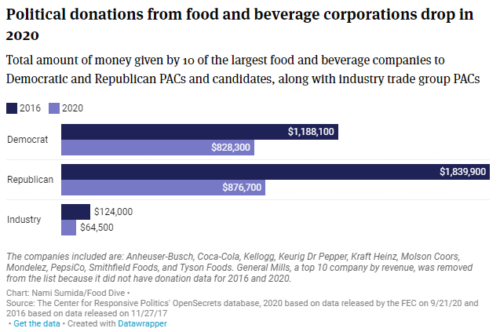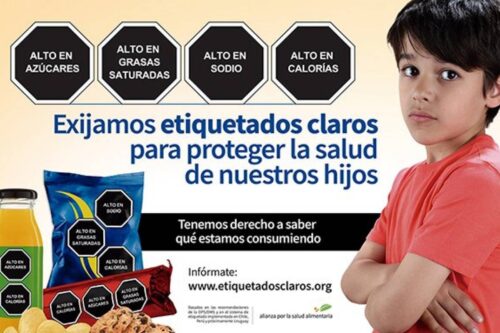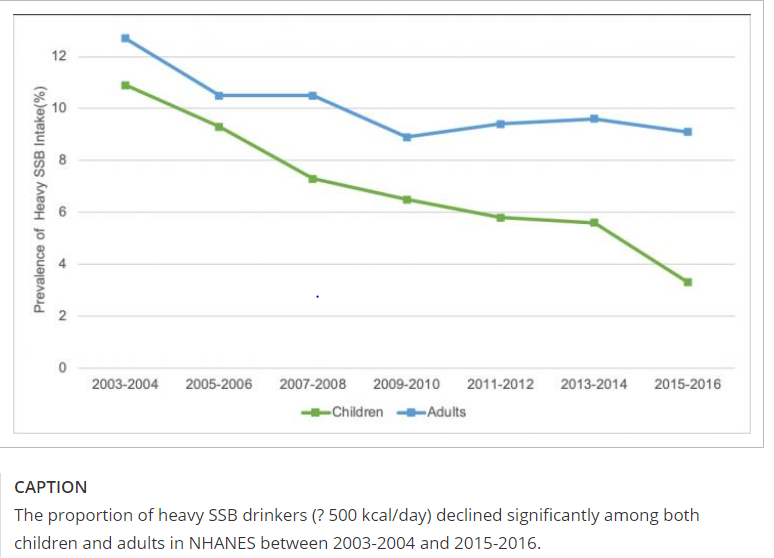Industry-funded studies of the week: potatoes
The potato industry has a problem. Some nutrition experts do not recommend them and argue that potatoes—especially French fries—raise blood sugar levels and should be excluded from recommendations to increase vegetable intake (I love potatoes in any form but try not to overeat them—everything in moderation if you can manage that, and I can).
In any case, the The Alliance for Potato Research & Education (APRE) is devoted to protecting the reputation—and sales–of potatoes, and funds research for that purpose.
The study: Daily intake of non-fried potato does not affect markers of glycaemia and is associated with better diet quality compared with refined grains: a randomised,crossover study in healthy adults. EA Johnston et al. British Journal of Nutrition (2020), 123, 1032–1042.
Results: “Compared with refined grains, the HEI-2015 Healthy Eating Index] scores..were higher following the potato condition. Consuming non-fried potatoes resulted in higher diet quality, K [potassium] and fibre intake, without adversely affecting cardiometabolic risk.”
Financial Support: The Alliance for Potato Research and Education provided funds for the research conducted. Their staff were not involved in any aspects of conducting the study, analyzing the data or interpreting the results presented.
Comment: The APRE says it remains firmly committed to the scientific integrity of industry-funded research” Its guidelines for research integrity sound good, but don’t address the inherent problems of industry-funded research: the well established “funding effect” that virtually guarantees that industry-funded research will produce results that favor the sponsor’s interests, and the also well established observation that investigator bias tends to occur at an unconscious level. The exclusion of fried potatoes from this particular study suggests that the investigators know that frequent eating of French fries is a marker of poor diet quality. I think potatoes have a place in healthy diets and that much depends on their particular role and preparation. As with much in nutrition, the potato situation is complicated, and industry funding does not help with clarification.






